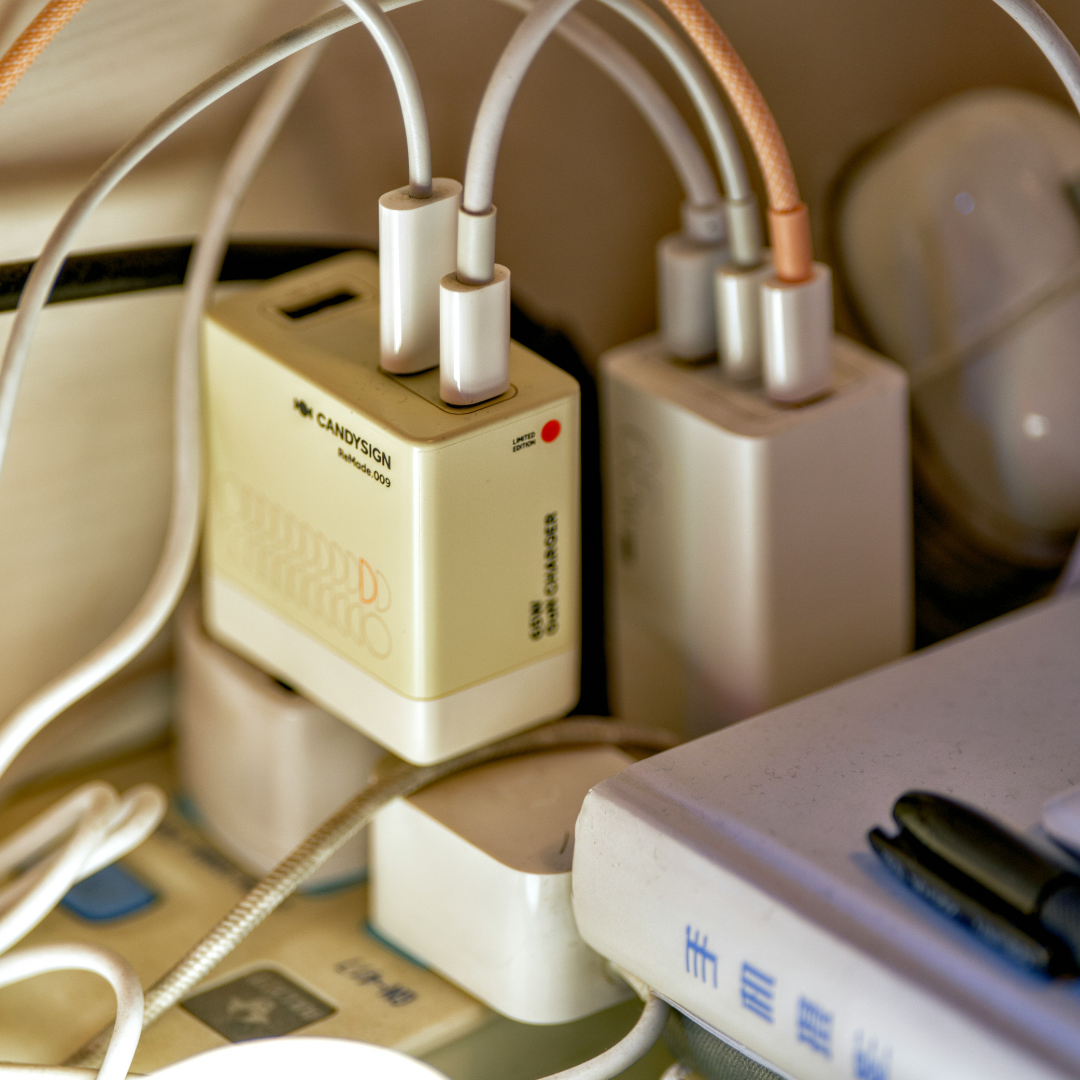At a glance
Consumer Scotland has been tracking people’s perception of the affordability of energy bills regularly since March 2022, and these findings are from the seventh wave. The survey covered: consumers’ perceived ease of keeping up with bills; experiences of energy debt and arrears and the impact of the cost of living; and behaviours such as spending cut habits and engagement with support sources. Our research showed more households are in energy debt or arrears than before, but consumers are finding it easier to manage their energy bills compared to the peak of the cost-of-living crisis in 2022–2023. Through this insight, Consumer Scotland has made a series of recommendations to provide more affordability support.
About the client
Consumer Scotland is an independent statutory body established to ensure consumer interests are at the heart of a fair, transparent and sustainable Scottish marketplace. Their strategic objectives are to:
- Enhance understanding and awareness of consumer issues by strengthening the evidence base.
- Serve the needs and aspirations of current and future consumers by inspiring and influencing the public, private and third sectors.
- Enable the active participation of consumers in a fairer economy by improving access to information and support.
Challenges and objectives
With the energy price cap increasing over the past 12 months, from £1,690 in April 2024 to £1,849 in April 2025, this has posed ongoing challenges for households and made it difficult for those who have fallen behind with their payments.
Consumer Scotland needed to understand how these challenges were evolving—particularly for vulnerable groups—and how policy changes and market reforms were affecting consumer experiences. They wanted to:
1. Monitor perceptions of affordability
Track how consumers perceive their ability to manage energy bills over time, especially in comparison to the height of the crisis.
2. Identify at-risk groups
Pinpoint which demographic segments—such as low-income households, disabled individuals, or those on means-tested benefits—are most likely to face affordability challenges or fall into energy debt.
3. Assess the impact of energy debt
Quantify the scale and nature of energy debt, including repayment behaviours, use of prepayment meters, and associated mental and physical health impacts.
4. Evaluate policy awareness and access
Understand consumer awareness and uptake of available support schemes and identify barriers to accessing advice or assistance.
5. Inform future policy and market reform
Provide insights to shape targeted support mechanisms, debt relief schemes, and future reforms in energy pricing and retail market structures.

Solution
Consumer Scotland commissioned IFF to conduct the seventh wave of the energy tracker survey. A repeat online survey was disseminated to adults aged 16 and over in Scotland, achieving a representative spread of age, region, gender, locality and income.
The survey covered consumers’ perceived ease of keeping up with bills, experiences of energy debt and arrears and the impact of the cost of living, and behaviours such as spending cut habits and engagement with support sources.
The findings from the survey were directly compared with previous wave data to track findings over time and contextualise the findings with broader activities in the market, such as changes to price caps, availability of financial support and the cost-of-living crisis.

Impact
The tracker survey shows 15% of consumers in 2025 are in energy debt or arrears – equivalent to 383,000 households in Scotland – an increase from last year when it was 9%.
Despite the increase in people experiencing debt, consumers report finding it easier to keep up with their energy bills than was the case during the peak of the cost-of-living crisis in 2022 and 2023. Around one in six (16%) consumers, or 393,000 households, said they found it difficult to keep up with their energy bills compared to 26% in 2024 and 35% in winter 2022-2023.
However, while perceptions of affordability have improved, a significant number of consumers continue to face challenges. One third (33%) said they could not heat their home to a comfortable level because of affordability concerns – similar to the previous year.
Consumer Scotland has since made a series of recommendations, including reforms to affordability support, and continue to support Ofgem’s proposed Debt Relief Scheme. The organisation is seeking to ensure the design of the scheme is fair, appropriate and meets the needs of consumers in Scotland.



